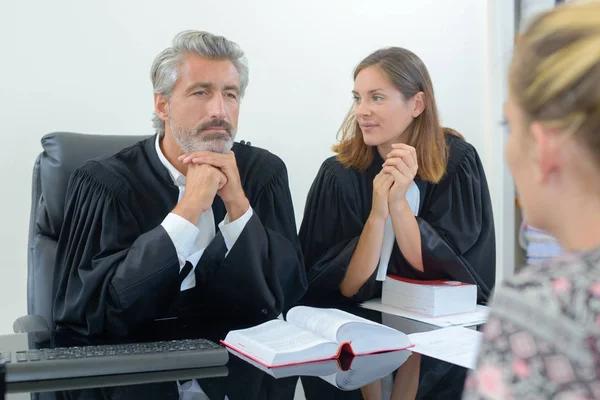Personal injury mediation is a dispute resolution process that occurs when the parties involved in an accident or injury case decide to settle their differences outside the court. This method of resolving disputes has become increasingly popular due to its numerous benefits, including cost-effectiveness, time-saving, and enhanced control over outcomes.
In personal injury mediation, a neutral third party known as the mediator facilitates communication between the disputing parties. The mediator’s role isn’t to make decisions on behalf of anyone but rather guide both sides towards a mutually agreeable solution. It’s essential to understand that this person needs to be impartial and not favor either side.
One crucial aspect of personal injury mediation is that it’s voluntary. Both parties must agree to participate in the process willingly. If one party does not wish to mediate or if at any point during mediation one party decides they no longer want to continue with this course of action, they have every right to stop and proceed with litigation instead.
Another important thing you need to know about personal injury mediation is that it’s confidential. Anything said during these sessions cannot be used later in court if an agreement isn’t reached and litigation proceeds. This gives both parties freedom and confidence in expressing their views without fear of repercussions.
Moreover, unlike traditional courtroom settings where decisions are based strictly on law regardless of how fair or unfair they may seem, personal injury mediation allows for more flexibility. The mediator helps both parties reach agreements based on fairness rather than strict legal principles alone.
However, even though there are many advantages associated with personal injury mediation, it might not always be suitable for all cases especially those involving severe injuries or complicated liability issues where expert testimony may be required.
Before deciding whether or not personal injury mediation is right for your situation, consult an attorney experienced in such matters who can provide guidance based on your specific circumstances and help you prepare adequately for potential negotiations ahead.
Remember also that while mediators can facilitate discussions between disputing parties; they cannot give legal advice. Therefore, it’s advisable to have your lawyer present during mediation sessions to protect your interests and ensure you understand all aspects of the negotiations and any proposed settlement agreement.
In conclusion, personal injury mediation offers an alternative route for dispute resolution that can save time, money, and stress associated with traditional court proceedings. However, it’s important to approach this process with a clear understanding of what it entails and how best to navigate it for optimal results.
Munley Law Personal Injury Attorneys
1617 John F Kennedy Blvd #1690, Philadelphia, PA 19103
12155157747




